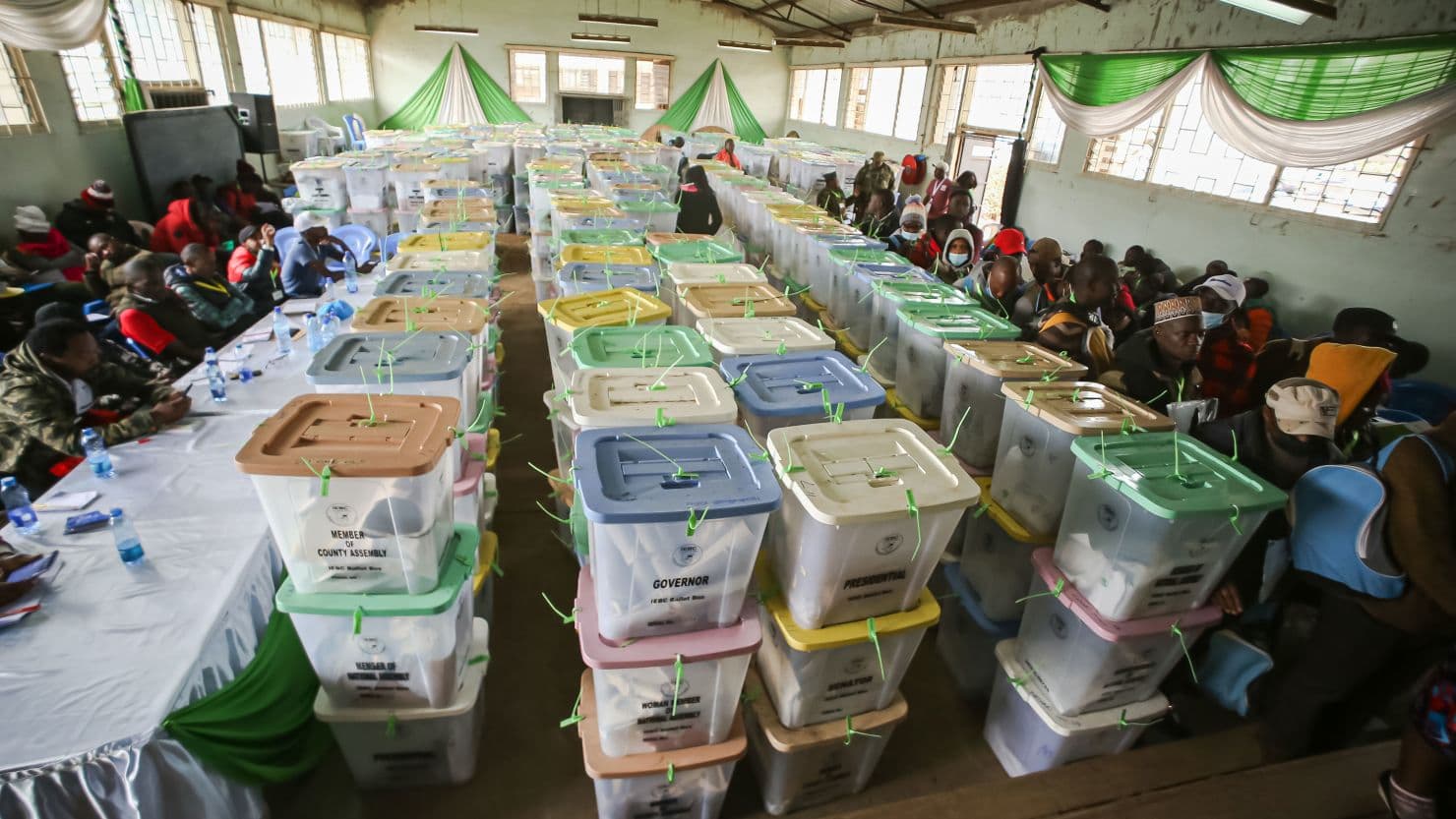We're loading the full news article for you. This includes the article content, images, author information, and related articles.
A recent national survey by TIFA Research & Consulting shows that 94 percent of Kenyans intend to cast ballots in the 2027 general elections. The figure underscores broad enthusiasm, even as confidence in electoral integrity remains fragile.

Nairobi, Kenya — September 25, 2025
A recent national survey by TIFA Research & Consulting shows that 94 percent of Kenyans intend to cast ballots in the 2027 general elections. The figure underscores broad enthusiasm, even as confidence in electoral integrity remains fragile.
The survey, conducted between 23 August and 3 September 2025, covered 2,023 adults across Kenya’s 47 counties.
Among those who are “very confident” that the upcoming elections will be free and fair, 94 percent say they will vote.
Even among those with no confidence in the IEBC, 70 percent still affirmed their intention to vote.
In the 2022 elections, voter turnout was about 65.4 percent, making this projected participation a steep increase over past performance.
The strong pledge to vote occurs alongside an erosion of trust in electoral institutions: earlier TIFA data shows that only 18 percent of Kenyans are “very confident” in the IEBC.
The divergence between intent to vote and confidence in election machinery suggests that many citizens view voting as a civic duty, even amid doubts about process integrity.
Legitimacy pressure: If turnout is high but the process is widely perceived as flawed, post-election disputes and challenges may intensify.
Mobilisation and suppression: Political actors may aggressively mobilise supporters or seek to sow doubt, especially in competitive regions.
Institutional test: The IEBC and security agencies will be under intense scrutiny to deliver credible elections, given the high public expectations.
“Boom or bust” scenario: Success could strengthen democratic culture; failure could deepen cynicism and disengagement in future cycles.
Keep the conversation in one place—threads here stay linked to the story and in the forums.
Sign in to start a discussion
Start a conversation about this story and keep it linked here.
Other hot threads
E-sports and Gaming Community in Kenya
Active 9 months ago
The Role of Technology in Modern Agriculture (AgriTech)
Active 9 months ago
Popular Recreational Activities Across Counties
Active 9 months ago
Investing in Youth Sports Development Programs
Active 9 months ago